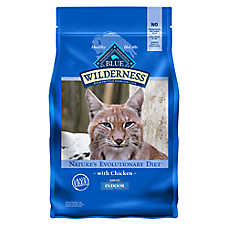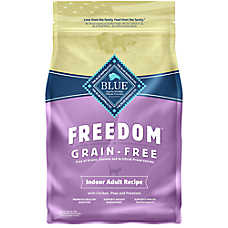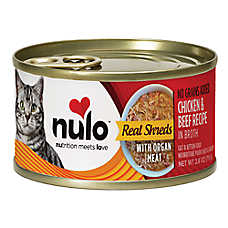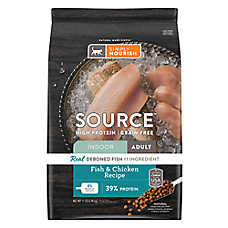The Differences Between Natural and Organic Cat Food
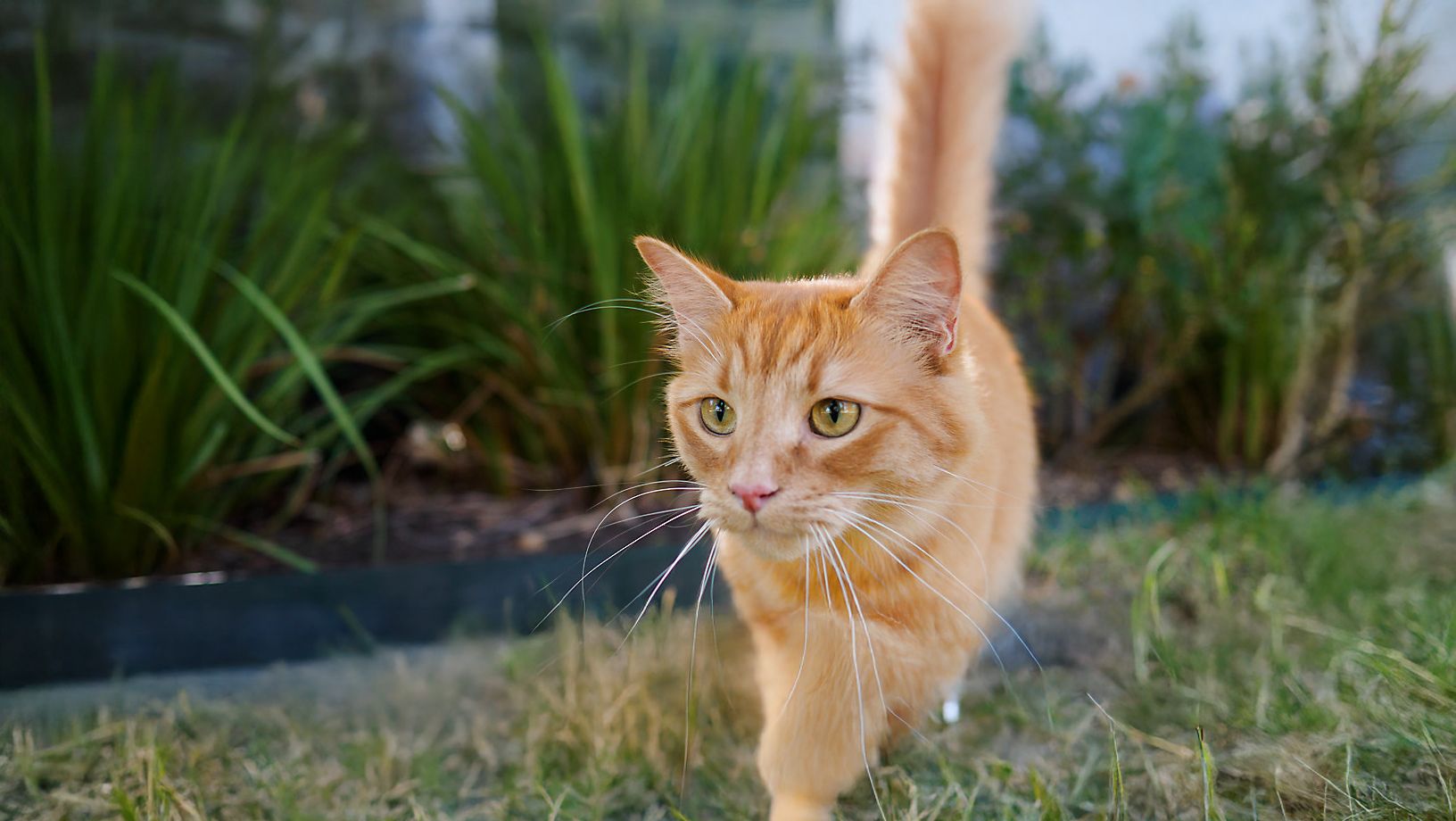
In this Article
Are you considering feeding your cat natural or organic cat food? If so, what’s the difference and what are the most important questions to ask when choosing a food for your cat? The truth is that there’s a ton of information out there about what food is best for your kitty. Ultimately, deciding what to feed your cat should be a conversation between you and your pet's veterinarian. They are the most trusted source and ultimate authority about what food is best.
The words “natural” and “organic” are often used interchangeably, but that doesn’t mean they’re the same. These two terms have different meanings and natural cat food is different from organic cat food. That’s not to say that cat food can’t be both natural and organic, but it’s an important distinction. So what’s the difference?
What is Organic Cat Food?
“Organic” is an extremely common term that most pet parents have probably heard at one point or another. This term commonly describes foods you’ve seen in the vegetable, fruit or meat aisle.
All organic foods, whether they are human foods or pet foods, must meet the same criteria for the USDA National Organic Program.
In order to be labeled “organic,” pet food must be free of antibiotics, synthetic hormones, toxic pesticides and preservatives. Ingredients in organic cat food must not be genetically engineered, grown in chemical fertilizer, or irradiated.
In general “organic,” food must be free of antibiotics, synthetic hormones, toxic pesticides and preservatives. Ingredients in organic cat food must not be genetically engineered (GMO), grown in chemical fertilizer, or irradiated.
Organic pet food can be completely or partially organic. The label will explain:
- 100% organic - All ingredients must be organic
- Organic - At least 95% of ingredients are organic; remaining ingredients must be approved substances
- Made with organic - At least 70% of ingredients are organic
What is Natural Cat Food?
It’s more about what isn’t in the food than what is. In order to be labeled “natural,” pet food must be made with ingredients that are derived solely from plant, animal or mined sources. Ingredients cannot be made from a chemical process. Typically natural cat foods do not contain artificial colors, flavors or preservatives.
If a pet food is labeled as Natural the product as a whole is considered natural; not just some of the ingredients. AAFCO does allow products with vitamins, minerals and trace nutrients, like Taurine, to be labeled as natural as long as there is a disclaimer notifying the pet parent that these ingredients are added and not natural.
Important Questions to Ask When Choosing Cat Food:
Does Your Cat Have Food Sensitivities?
If your cat has food sensitivities, then they may have trouble digesting or tolerating certain ingredients in some cat foods. In this case, they might benefit from a Limited Ingredient (LID) cat food where they don’t consume the ingredients that they may may not tolerate well. Most food sensitivities are related the protein sources. Not all of these diets are guaranteed to fall under the umbrella of natural or organic. Schedule an appointment with a vet to see if your cat might benefit from a diet like this.
Does Your Cat Have Preferences?
Sometimes cats are picky or they just know what they like. This isn’t a problem but is an important thing to consider when choosing a food to feed your cat. Maybe they eat tuna but not chicken or they only eat wet food and turn their nose up at kibble. Regardless, their preferences can play a big role in their diet.
How Old is Your Cat?
Cats have different nutritional needs depending on their age. When a cat is young, they need food that provides nutrients that supports their growth like DHA, Protein and healty Fats. Senior cats, on the other hand, need food that supports their aging body from nutrients that provide immunity and hip and joint support
What’s Going on With Their Health?
Does your cat have something going on with their health? Sometimes a cat’s diet can support their health so that they are getting what they need nutritionally to live their best life. Your veterinarian can point you in the right direction for what food might support your cat’s health.
What Does Your Vet Say?
The most important thing any pet parent can do when choosing a diet for their cat is to talk to their veterinarian. They are the best source of information regarding what cat supplies are best for your furry friend.
Information in this article is not intended to diagnose, treat or cure your pet and is not a substitute for veterinary care provided by a licensed veterinarian. For any medical or health-related advice concerning the care and treatment of your pet, contact your veterinarian.
